SUMMARY
This is AI generated summarization, which may have errors. For context, always refer to the full article.

MANILA, Philippines – The Philippine government would have to shoulder the expenses that will be needed for the long-term rehabilitation of areas affected by the Mindoro oil spill since the available insurance and international mutual aid will likely not be enough, a justice official told lawmakers on Tuesday, May 9.
With most of the 900,000 liters of industrial fuel oil cargo of MT Princess Empress already spilled, the $284 million or P15.7 billion in insurance and aid from the International Oil Compensation Funds (IOPC) will likely not be enough for the cleanup and rehabilitation operations related to the oil spill.
“There is a great likelihood that, your Honor, that amount may not be enough,” Vasquez said during the joint House hearing on the oil spill.
If and when the expenses exceed this amount, the Philippine government would have to shoulder the burden.
“Unfortunately, it would again be our government that would have to answer for that,” Vasquez said.
Already, Environment Secretary Antonia Yulo-Loyzaga has estimated that environmental damage alone may reach P7 billion. This excludes the P3.8 billion in economic losses to Philippine fisheries, as reported by the National Disaster Risk Reduction Management Council.
Had the Philippines signed a supplementary international convention on oil pollution, it would have had access to $1 billion (P55.5 billion) instead of just $284 million, Vasquez said.
“We would really be looking at $1 billion available funding for purposes of rehabilitation of the environmental resources that are severely impacted and affected,” he said.
Vasquez was referring to the Supplementary Fund Protocol of the International Oil Pollution Compensation Funds (IOPC), which seeks to beef up the available funds for major oil spill incidents worldwide.
The Philippines is part of the IOPC, an international organization that assists member states that suffer from oil spills. It ratified the first two key conventions on oil spills in July 1997 – which took effect a year later – giving it access to international financial and technical assistance on oil spills. A claims caravan is already collecting claims forms from affected communities.
Mark Homan, a claims manager of the IOPC, earlier urged the Philippine government to ratify the Supplementary Fund Protocol that would give the Philippines access to additional money to address damage from oil pollution.
Where’s the shipowner?
Some lawmakers thus urged the Marcos administration to hold the shipowner, RDC Reield Marine Services, and others involved in the incident accountable for the social and environmental disaster.
“Dapat mayroong mapanagot sa nangyari. Dapat may magbayad,” Kabataan Representative Raoul Manuel said. (Someone should be held accountable. Someone should pay.)
Gabriela Representative Arlene Brosas urged the House committee on ecology and the committee on natural resources to invite RDC’s owner, Reymundo Cabial, to the next joint hearing. Only the captain of MT Princess Empress joined Tuesday’s hearing via Zoom.
Vasquez said the justice department was finalizing its case buildup prior to the filing of charges against the shipowner and others involved in the oil spill.
Over two months since the sinking of MT Princess Empress, the oil tanker is still 400 meters off Naujan, Oriental Mindoro, with black oil still leaking or possibly completely spilled from the tanker.
In Tuesday’s hearing, the mayor of the hard-hit town of Pola and fisherfolk conveyed their daily struggles amid the oil spill.
MT Princess Empress left the private port SL Harbor Terminal in Limay, Bataan with over 900,000 liters of industrial fuel oil or “black oil” bound for Iloilo on February 28. It encountered strong winds and rough waters along the way, and its engine gave way when seawater poured onto the ship. All of its crew were rescued, but the spill has damaged marine and water resources in southern Luzon all the way to Antique in Western Visayas. Fishing and beach swimming bans have also hurt coastal communities dependent on healthy fishing grounds and tourism. – Rappler.com
Add a comment
How does this make you feel?
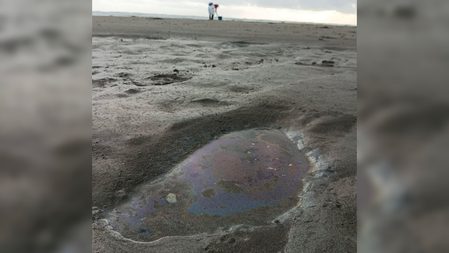
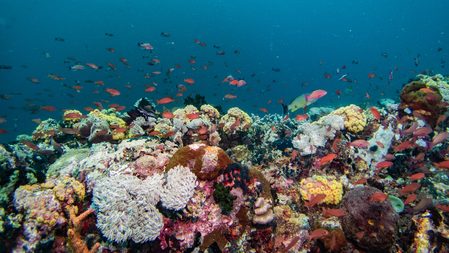
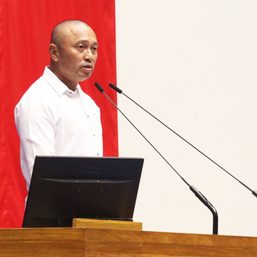
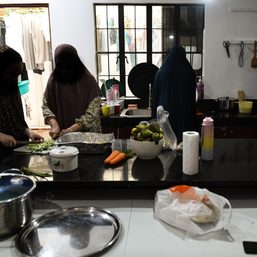


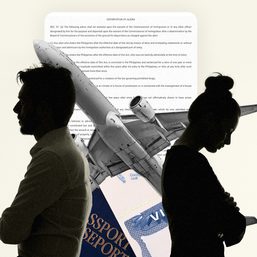

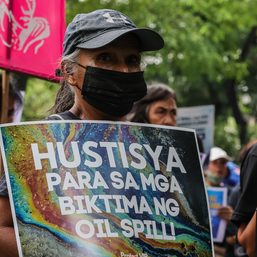
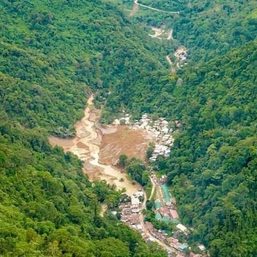
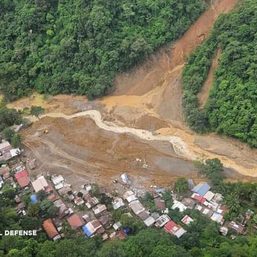
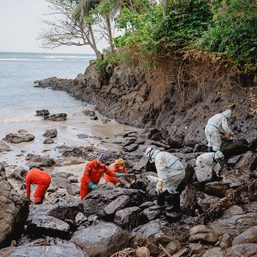
There are no comments yet. Add your comment to start the conversation.